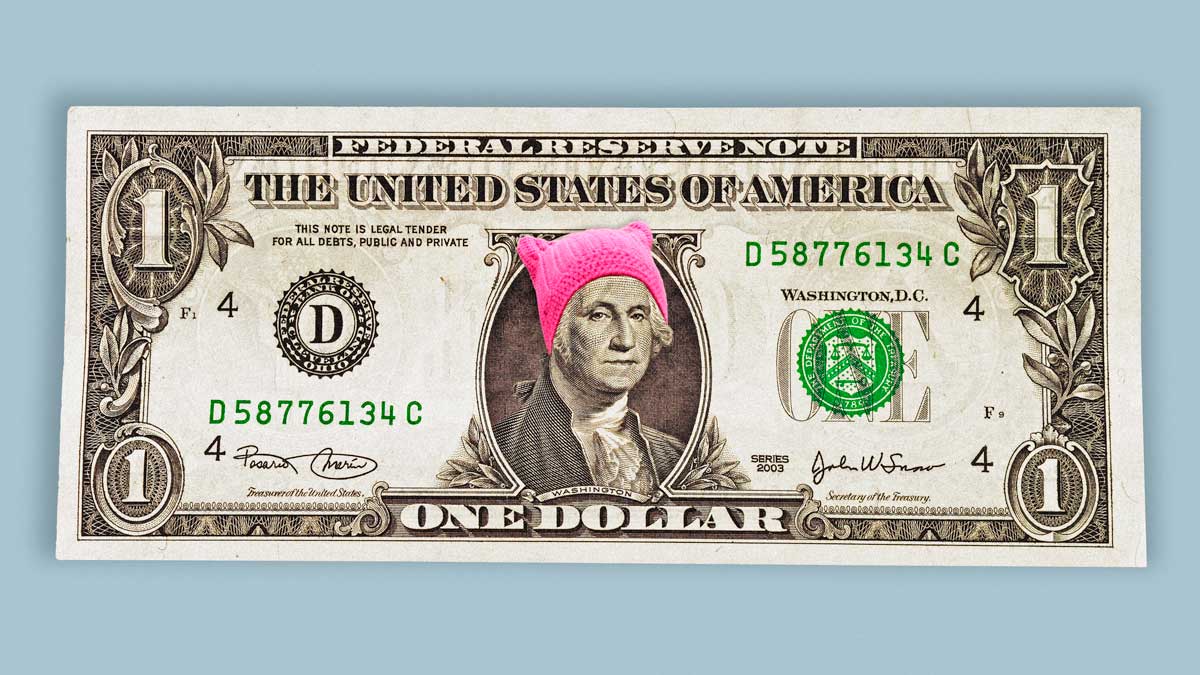12 short-term CDs with the highest rates
When it comes to safely maximizing the returns on your savings, you typically have two good options: high-yield savings accounts and certificates of deposit (CDs). Both options have their potential upsides and downsides, of course — but because high-yield savings accounts have variable rates, they may not be the best options in an uncertain economy, like the one we're experiencing today. After all, if rates drop, the potential earnings on your savings will go with them.
But if you put your money in a CD, you're guaranteed to earn the same rate of interest for the entire CD term — no matter what happens with the wider rate environment. And, while in most cases you do have to agree to lock in your money for the entirety of the term (or pay a penalty for early withdrawal), that guaranteed rate can be a great way to earn consistent returns on your money.
There's also a wide range of CD terms to choose from, from a few months to a few years on average. In a normal economy, longer-term CDs typically offer higher rates than the CDs that mature in a few months. But right now, the APYs on short-term CDs are much higher on average than long-term CDs, so it's a great time to take advantage of what they offer.
Start exploring your top-earning CD options here.
12 short-term CDs with the highest rates
If you're looking for a short-term CD with a high APY, the options below offer some of the highest available right now:
3-month CDs
- TotalDirectBank — 5.66% APY: A $25,000 minimum deposit via ACH is required to open this CD. The early withdrawal penalty is one month of interest.
- Dow Credit Union – 5.65% APY: To open this CD, there is a minimum deposit requirement of $500. An early withdrawal penalty may also be applied if you withdraw your money before the CD has matured.
- Bayer Heritage Federal Credit Union – 5.65% APY: This CD requires a minimum deposit of $100 to open. If you withdraw your money early, the penalty is the earned dividend on the total certificate principal or one month's dividends on the amount withdrawn (whichever is less).
- Popular Direct Bank — 5.10% APY: There is a substantial minimum opening deposit of $10,000 required to open this CD. The early withdrawal penalty is 89 days of simple interest.
6-month CDs
- TotalDirectBank — 5.76% APY: A $25,000 minimum deposit via ACH is required to open this CD. The early withdrawal penalty is one month of interest.
- Credit Human Federal Credit Union — 5.75% APY: You can open this CD with a minimum deposit of $500. A penalty is imposed for early withdrawal, however.
- USAlliance Financial – 5.75% APY: This CD has a minimum deposit requirement of $500. If you withdraw your money early, a penalty will be assessed.
1-year CDs
- Credit Human Federal Credit Union — 6.00% APY: You can open this CD with a minimum deposit of $500. A penalty is imposed for early withdrawal, however.
- Lending Club — 5.65% APY: This CD has a minimum deposit requirement of $2,500, but no monthly or opening fees. The early withdrawal penalty on this CD is 90 days of interest.
- Bread Savings — 5.60% APY: There is a minimum deposit requirement of $1,500 for this CD, but no monthly or opening fees. The early withdrawal penalty is about six months' worth of interest on this CD.
- BMO Alto — 5.50% APY: This CD has no minimum deposit requirement and no monthly or opening fees. There is an early withdrawal penalty of six months of interest if you withdraw your money before the CD has matured.
- Barclays — 5.50% APY: There is no minimum opening balance or deposit required to open this CD, but if you withdraw your money early, you could pay an early withdrawal penalty.
Find out how much you could earn with a top CD today.
The bottom line
If you want guaranteed returns on your savings, a CD can be a great option to consider. And, if you aren't ready to lock in your money for the longer term, today's high rates on short-term CDs can provide a happy medium. You'll still earn a top rate on your investment, but you'll also have access to your money within a matter of a few months or so, depending on the term you choose. Just be sure to do your homework before making any decisions — and be sure that you can leave your money deposited in the account for the full term. Otherwise, you could pay a penalty that wipes out some or all of the interest you've earned on your account.




